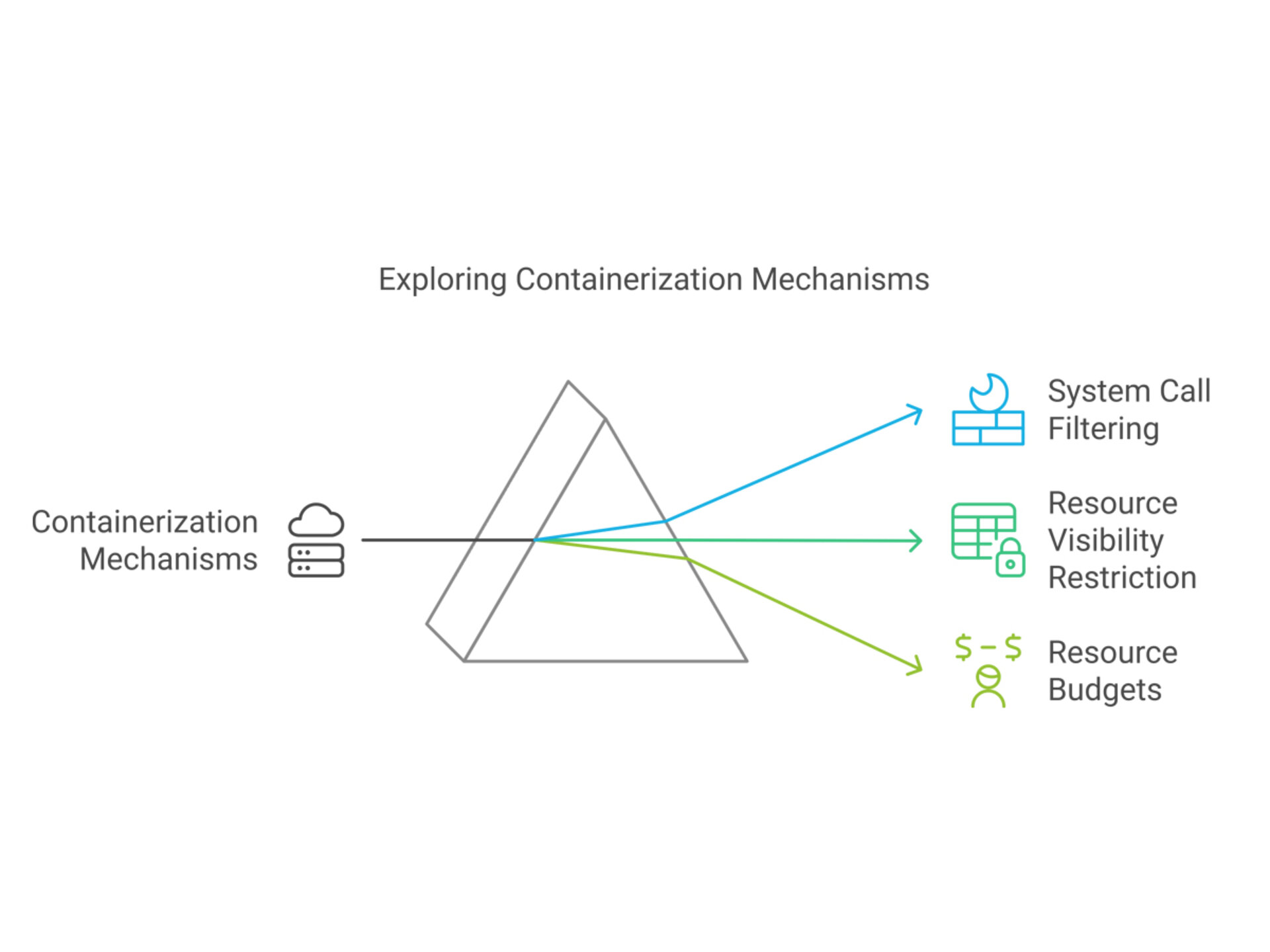Rethinking Container Isolation with Microkernels
How can cloud computing meet growing demands for security, efficiency, and scalability? Researchers at the Barkhausen Institut and the TU Dresden tackle this question in an accessible overview article, which breaks down the findings of their recent publication, “A Perfect Fit? – Towards Containers on Microkernels”. The article highlights how microkernel-based systems could transform container technologies by addressing limitations in traditional Linux-based approaches.

Key Insights
- What are microkernels?
Microkernels divide core system functions into smaller, independent components, reducing complexity and enabling robust isolation mechanisms. This contrasts with monolithic kernels like Linux, where all system functions are tightly integrated.
- Why rethink containers?
Containers are essential for isolating cloud workloads, but their reliance on retrofitted mechanisms in Linux increases system complexity and potential security risks. Microkernel architectures, with their inherent capability-based access control, offer a simpler and more secure alternative.
- What’s the impact?
Preliminary performance tests show that microkernel-based containers can match or even exceed the efficiency of Linux containers, although further validation with real-world workloads is ongoing. These findings are particularly relevant for Function-as-a-Service (FaaS) workloads, which require fast, lightweight, and secure isolation.
Read the overview and explore the full publication on the resaerch platform Kudos.
Authors: The insights in this article are drawn from the publication “A Perfect Fit? – Towards Containers on Microkernels” by Till Miemietz, Viktor Reusch, Matthias Hille, Max Kurze, Adam Lackorzynski, Michael Roitzsch, and Hermann Härtig.
